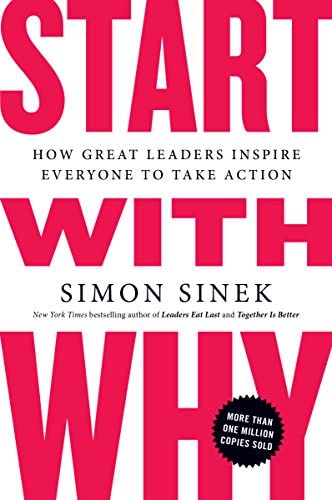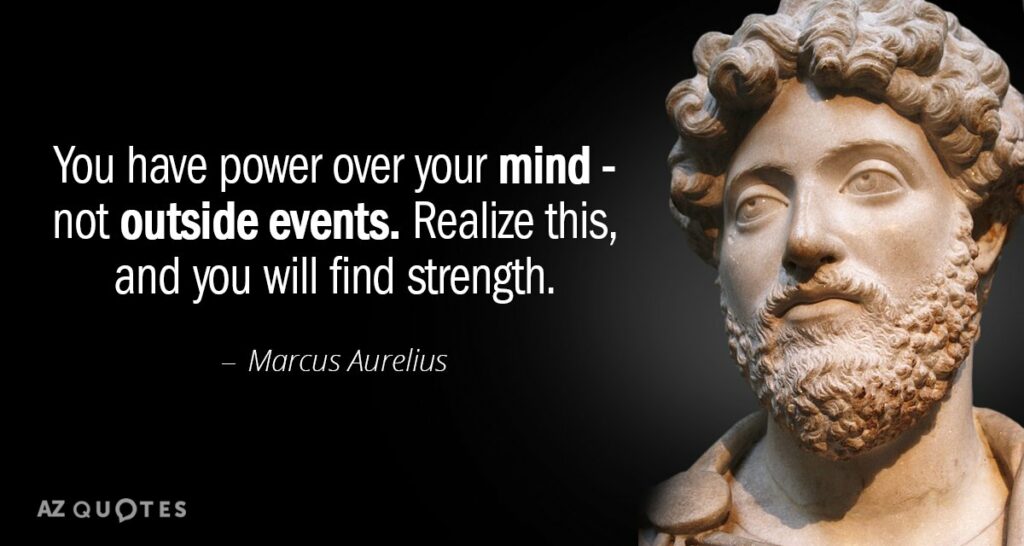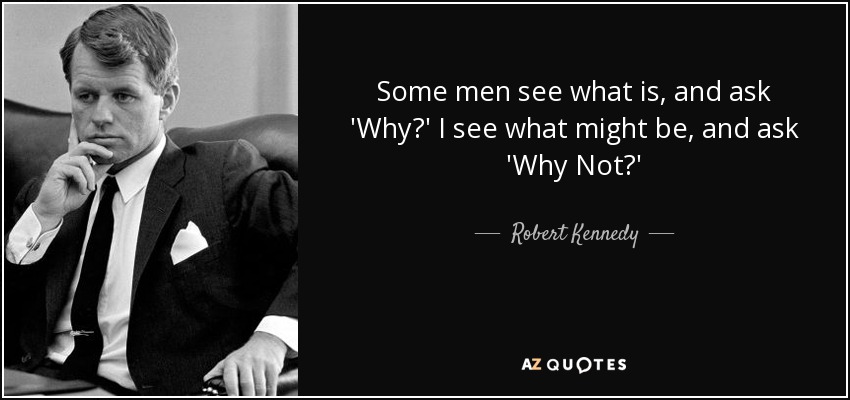
We discover there are many Why's in life.
There is the 'Simon Sinek Why'
“Ironically, the most important question with the most elusive answer – WHY do you do what you do? – is actually quite simple and efficient to discover”. (Start With Why, page 66)

I have a certain philosophical distaste for this why, which I tend to view as elitist.
I have been working in the capital of one of the poorest countries in the world recently. I wander pretty widely around the city, wondering as I go.
Recently I was sitting on the pavement outside my hotel waiting for my transport. People were going by on their way to work and school. I was struck that the children were kitted out as they might be anywhere in the world. Beautifully braided hair, the branded rucksacks, branded clothing, and branded shoes you would expect to see kids wearing in any rich part of the world. Almost as if they were transplants. And, they were often accompanied by a parent who was poorly dressed and looked as if they were probably a hawker – of whom there are many in the centre of the city.
For these parents, their children are their why. Sinek can give us all the philosophy in the world but here, why is answered in fundamental terms – survival and a better life for the next generation. Of course, this self-sacrifice often turns out to be one-way traffic, but I guess this is the nature of life.
There is the 'Small Child Why'

The little boy next door – we will call him Henry – is 3 going on 4. When he gets bored with the company of his younger brother and the carer – which is often - he comes to the fence and calls me in a surprisingly loud voice, "Bryce, let's talk". Persistently. Sooner or later, I get up from my desk, go to the fence separating our two properties, and we talk. Henry is in 'Why mode'. One of the people living on my property has suggested that Henry should be renamed Why. His response to any answer is to ask another why.
Of course, these conversations tend to test the brain a little. Reminds me sometimes of the five Why's method of establishing root causes. ("The method is remarkably simple: when a problem occurs, you drill down to its root cause by asking "Why?" five times. Then, when a counter-measure becomes apparent, you follow it through to prevent the issue from recurring"). (see Mindtools.com).
I'm looking forward to the day a few years hence when I can give Henry the time-honoured mentor response to a – stated or unstated - why "Why do you think the answer is (XYZ) Henry?" Or, "What other answers might there be Henry?" At that stage, it will be his brain that is being exercised 😊
There is the 'Why me? Why'
We are all familiar with this one and probably think of it frequently.
“Why am I so lucky”?
Or “Why have I got complaint XYZ”?

This can be a bleak path to go down. If what has happened is terrible and you are stuck, it's when a trusted friend gives you a sympathetic version of the "Get over yourself" message. Or counselling could help. For some of us discovering Marcus Aurelius and others will help us find some comfort.

There is the 'Robert Kennedy Why'

I think this why can provide – and has provided - a very useful starting point in answering questions about significant issues of the day – e.g. Why can girl children not receive the same education as boy children? Why are there not more women in the boardroom? Etc. For me, this is a better path to tread than the Sinek one.
The 'Why that Drives Innovation'
Kennedy leads me to my final why – the one that drives innovation.

There are many ways to approach innovation. We can, for example, use random words:
For example - pose a question e.g. "How can we get more committed customers?" Go here and generate a weird word. How can this word possibly help you resolve your challenge?
Or, go here and generate a random picture to address the same.
These random triggers can help us break us out of a particular mindset.
We can ask young people (an increasing number of remarkable innovations are coming from young people). We can use a tool like the Innov-IT one, which forms part of our Six-ITs framework (see below).
Often, an innovation – or possible innovation - draws on a personal experience. A friend of mine with small children invented a new wall socket which prevents curious kids from sticking little fingers or other objects into live wall sockets.
I have a well-developed fear of falling – especially in the shower while alone in a hotel room. I take elaborate steps to try and prevent this possibility.

So, I got to thinking. What about hotels offering us a waterproof shower-fall device when we check in? We use many similar devices for older people who may wander, dogs, kids, etc. And, of course, your smartwatch and cell phone incorporate similar technology. You could rent the device for the duration of your stay. Wear it in the shower. A fall would trigger a message to some alert, 24x7 service or person who would rush to your rescue.

Of course, some such services may already exist in more up-market hotels than those I tend to stay in. And many other questions would need to be answered:
Are there many people like me who fear falling?
Could you perhaps find an app to install on your smartwatch and use that as the triggering device?
Would risk management be enthusiastic about offering a service which could be taken to imply the hotel's showers are not safe?
More research would be required if I wanted to take this idea forward.
In Conclusion
Innovation must form a vital part of any successful organisation's DNA. And there are many ways we can develop or enhance it.
Need to unlock your corporate creativity? Have a no-obligation conversation with us about how our Six-ITs framework can help you on this path.
The Six-ITs framework - applied in dealing with Wicked Challenges as part of Pivot Now!
